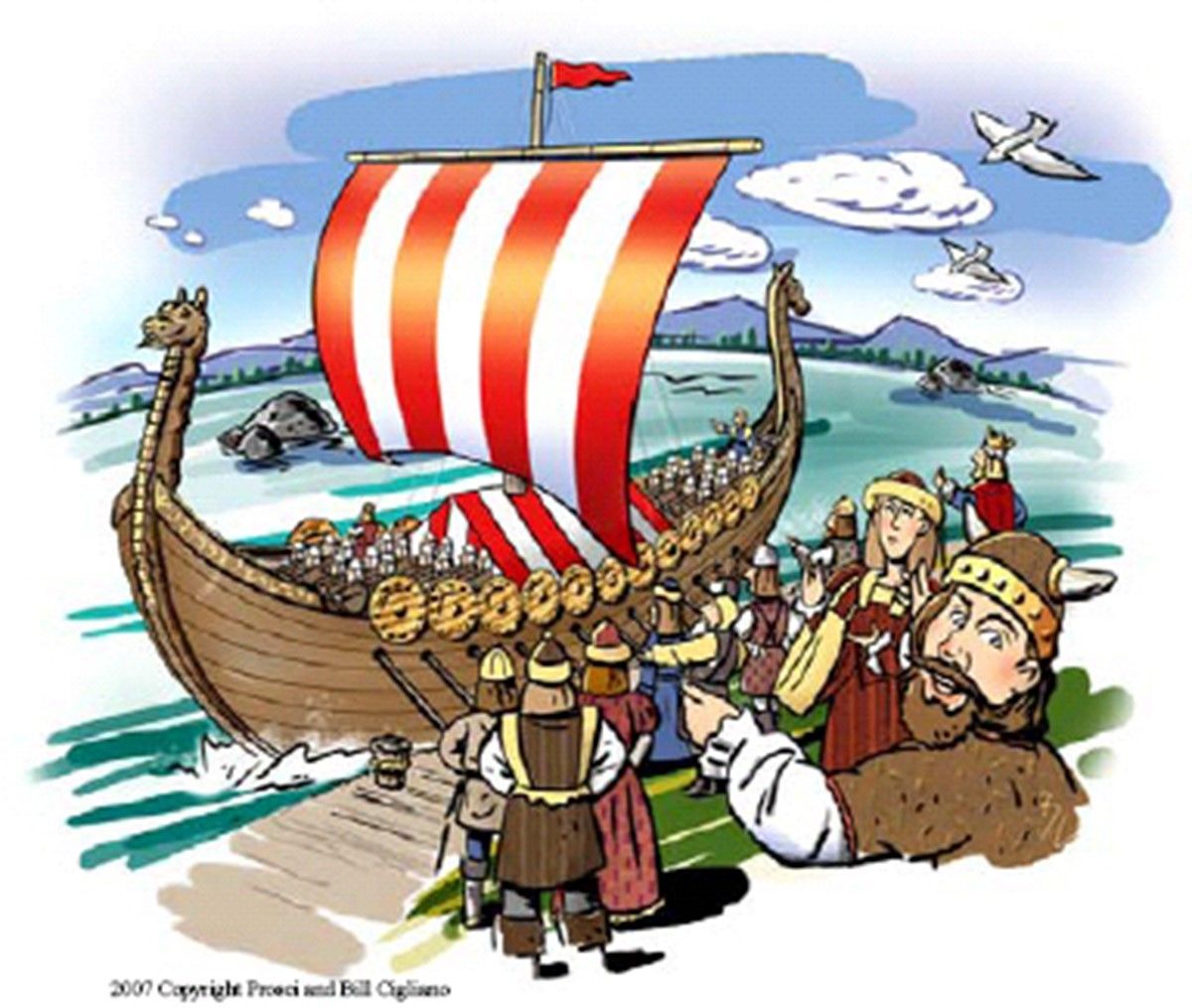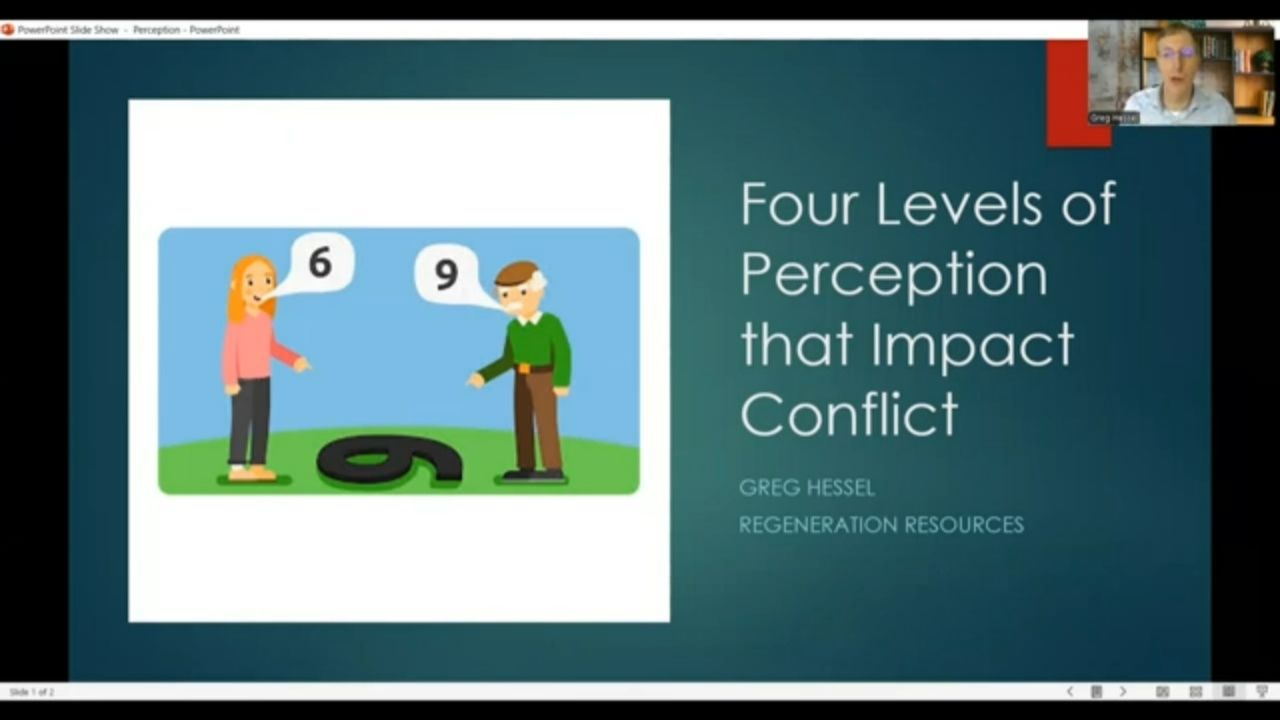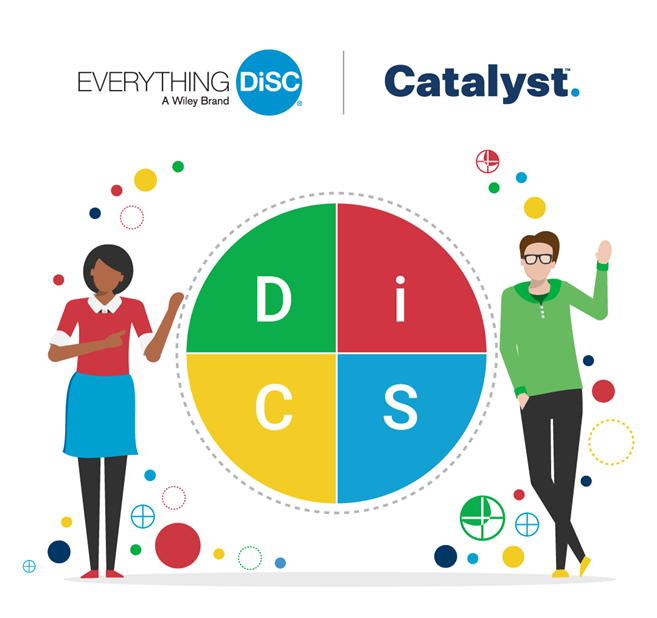A Change Management Fable: The Cost of Ignoring the People Side of Change
The Cost of Ignoring the People Side of Change

The following fable illustrates the cost of ignoring the people side of change. When reading it, think about what you would do differently to increase the project’s effectiveness.
The Rest of the Tall Tale
On an island village, there once lived an ambitious sailor, the finest sea Captain in all the land. He approached the King with a vision for a new type of sailing vessel, one that moved at great speeds even without the wind. The captain described this new vessel and claimed that with a 100-man crew, he could save an entire day on the trip to the mainland. The King approved of the captain’s plan and chartered a single ship. He promised the captain three attempts at the mainland crossing with 1,000 gold coins for every hour saved on the voyage.
The captain hired the best craftsmen and shipbuilders. Each month he returned to the King to report on his progress and to borrow more money. He was growing heavy with debt. The first month he required 10,000 gold coins, 5,000 the second month, and 4,000 the third month. By the fourth month, the ship was complete.
The townspeople milled around the dock in wonder at the new vessel. Some scoffed, saying that water would just run into those holes in the side. Others asked why the sails were so small if this was to be a faster ship. The captain, proud of his accomplishment, was running into similar skepticism. He had anticipated excitement about the new design with sailors eager to join his crew but instead was met with half-hearted and reluctant responses from his potential mates.
After sitting idle for a month, the captain made his first run to the mainland with only 20 of the 100 oars manned on the new ship. His time was still faster than the older sailing ships, but only by four hours.
The captain began asking all of the villagers to join him on his venture. He explained how the ship worked and why this new type of vessel would one day rule the sea and make them a stronger kingdom. He talked of the riches awaiting the bravest among them.
On his second run the following month, he had 60 in his crew. Still short more than 40 rowers and struggling with the constant bungling and banging together of the oars, the captain saved only seven hours on the trip to the mainland.
The King was beginning to take interest in the captain’s vision. He could see the long-term benefit for his entire realm. He personally recruited a full crew for the ship on the third journey. The captain also added a boy beating a drum at the bow of the boat to improve the tempo of the rowers. On the third attempt one month later, the 100-strong crew, rowing in rhythm, saved more than one full day on the trip to the mainland.
Upon return, the captain was celebrated by the entire island population, and the Viking ship of this design dominated the oceans for generations to come.[1]
This fable represents what frequently happens in change project. It is assumed that the “soft side” of change is not important, and all of the attention is given to the technical solution (the product) and the process to achieve it (project management). But the people are ignored.
In fact, for the first four months, the crew is completely ignored. And when they are communicated with, no one tells them what’s in it for them. It is assumed that they will be excited about a change in the sailing industry. Yet we all know it doesn’t work that way. Additionally, no training is offered to the crew that might allow them to learn the new system. Those who sign up learn by trial and error. It is only at the end that a drummer is added to help them row in unison. Finally, the King (or Executive Sponsor) does not talk to the villagers directly. He seems uninterested or unaware that his voice might help build buy in. Or perhaps he is just too busy with other kingly duties. Regardless, his lack of engagement is a lost opportunity.
What other mistakes can you identify?
[1] Hiatt, J. (2008). Shipbuilder or leader of change? Paper presented at PMI® Global Congress 2008—North America, Denver, CO. Newtown Square, PA: Project Management Institute.
Every few months I produce a free newsletter. No Spam. Unsubscribe anytime.
For a taste, view the archives
SUBSCRIBE
Blogs and vlogs are sorted by topic at the bottom of each service page
STRATEGIC PLANNING
CHANGE MANAGEMENT
CONFLICT MANAGEMENT
TEAM BUILDING
ASSESSMENTS
EXECUTIVE COACHING
IMPROVING EFFICIENCY
BOARD DEVELOPMENT




